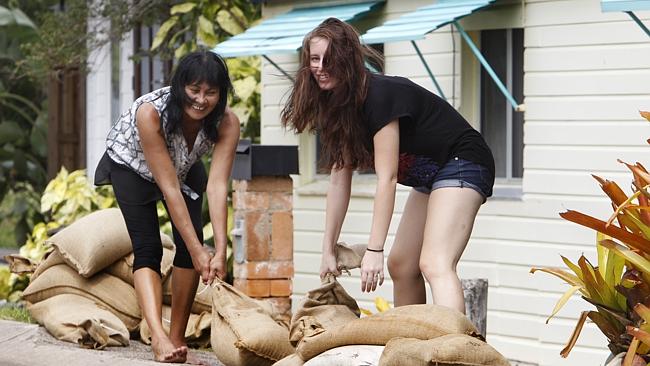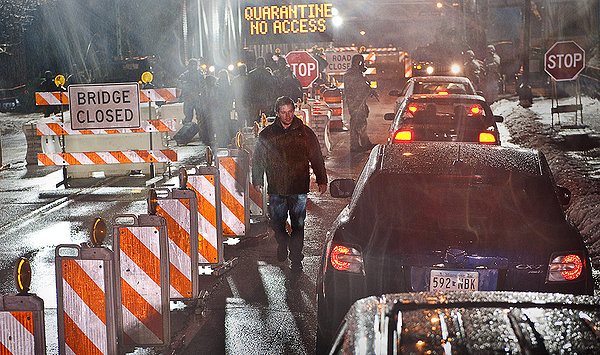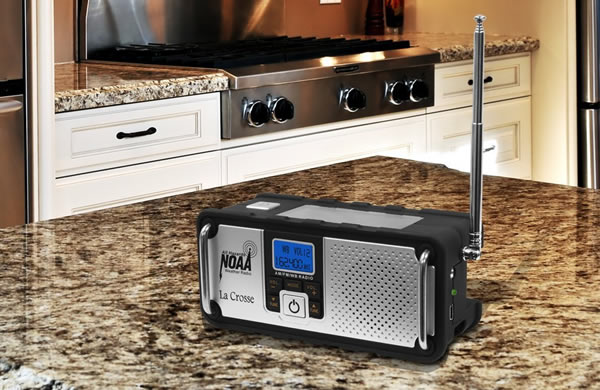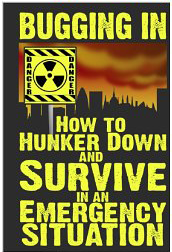One of the most critical things that you will consider during a crisis is whether to stay home or run for the hills. There are a lot of factors that will play into your decision, from your personal safety to the best way to access food, water and shelter. Obviously, the trick is to be prepared for anything so that you have options when the time comes. Making allowances for different contingencies will help to ensure that you are in a better position to make it no matter whether you stay or go.
Safety, Security and Staples
The key factors in your decision making process should be your safety, security and ability to access staples such as food, water and medical attention. You need to be in a place where you have access to all three of these areas, but you should be prepared for anything. Is your shelter properly stocked? Do you have weapons to protect yourself? Is your vehicle properly serviced and maintained, loaded with fuel and ready to go? Do you have bug-out-bags at the ready along with other supplies that can supplement your exodus in the middle of the night?

Make sure that you are ready no matter what option you chose, and now is the time to get prepared. The more preparation you do now will give you more options later. So, when things get bad, and you need to act, you will have your bases covered.
Think Ahead a Few Steps
Don’t just look at the immediate impacts of the disaster, but think a few steps ahead as you evaluate the situation. You may figure out that while it seems safe to stay home, you will be better off in a few days if you were somewhere else. So, how long do you stay before heading out? What kind of obstacles will you face if you wait? Look down the line and see what kinds of things will potentially impact you. Will hospitals become overloaded with sick and injured? Will store shelves go empty and people start to rob and steal for food and water? Are roads clogged with traffic as a mass exodus occurs in your area?
You want to look at the signs of the times and evaluate where you will be in a few days if you stay where you are. If it’s better to head out of town, do it before everyone else gets the same idea. If staying makes better sense, make sure that you are able to keep a low profile, attend to your needs and survive without drawing too much attention to yourself.
There are a million and one things that will influence your decision making process. However, being prepared for a few different responses will help you to make your choices wisely. Remember to be proactive and think ahead, looking beyond the immediacy of the situation at hand. Survival is not just about getting through the initial incident intact, it is about making good choices that will guide you through the aftermath as well. Taking a glance of how things may look one, two or three days down the line will give you the perspective that you need in order to make the best decisions.




